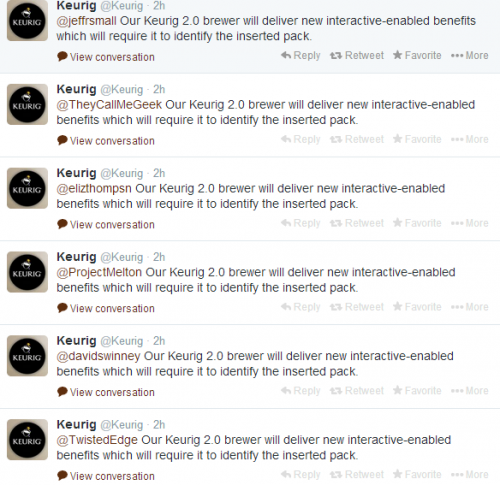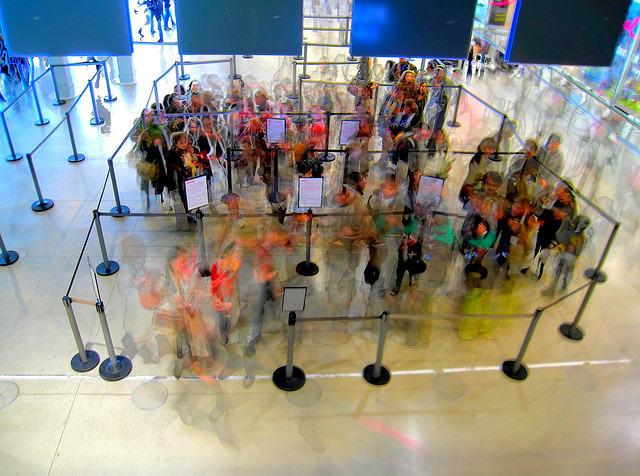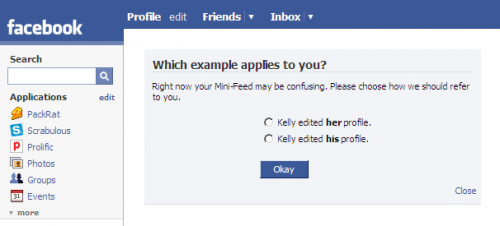Full Name*: David A. Banks
City*: Troy
State*: New York
email*: david.adam.banks at gmail dot com
twitter*: @da_banks
Facebook URL: https://www.facebook.com/DABanks
Instagram handle: thoriumdirigible
Why do you want an #AmtrakResidency?* [In 1,000 characters or less (including spaces)]
I want to be a part of the #AmtrakResidency insomuch as this is one of only a handful of options left to me as an author. Its good to see that someone is willing to give away a thousand dollar ticket for a couple of tweets and a blog post. I want my workspace to be funded by a tax structure written by corporations combined with ticket sales from working stiffs going back and forth on the Northeast corridor. Food is included in this trip right? more...









